BiondVax, a small Israeli biopharmaceutical company, is attempting to compete with the large vaccine developers by preparing to conduct a late-stage clinical trial of its universal flu vaccine candidate, M-001. The company has signed an agreement with a contract research organization (CRO) to conduct the clinical trial, and registered their study on clinicaltrials.gov.
“Having worked on our universal flu vaccine since the very beginning and ushering it through many years of R&D and clinical trials, I am particularly proud to reach this exciting milestone,” said Dr. Tamar Ben-Yedidia, BiondVax’s Chief Science Officer (CSO). “As far as we know, this is the world’s most clinically advanced universal flu vaccine.”
BiondVax’s M-001 universal flu vaccine contains nine of the most common epitopes found in influenza virus Type A, B and other strains. The company has so-far completed six clinical trials supporting the safety and broad immunogenicity of the flu vaccine.
For their upcoming Phase III clinical trial, BiondVax plans to enroll over 9,500 participants over the age of 50 in sites across as many as six Eastern European countries. The company will strategically time their trial to take place over the 2018/2019 flu season in the region, with plans to follow-up with participants for up to two subsequent flu seasons.
RELATED: Sanofi and NIH Start Trials for H7N9 Flu Vaccine
In planning for this trial, BiondVax has gotten the go-ahead from the European Medicines Agency (EMA)’s Committee for Medicinal Products for Human Use (CHMP). In late 2017, the agency reviewed the company’s trial plan and made a promising statement about what it might take for BiondVax to secure approval of the universal flu vaccine.
“It is agreed that a single pivotal efficacy trial that provides a robust demonstration of efficacy against laboratory-proven influenza like illness (ILI) could suffice for an approval,” said CHMP in a response to BiondVax.
BiondVax’s manufacturing platform is based on a cell-based system that can produce vaccines faster than traditional egg-based methods; a platform that is also being used by vaccines giant Sanofi. The benefit of a universal flu vaccine is that its broad immunogenicity would protect individuals for multiple flu seasons when different strains of the influenza virus are likely to be dominant.
Countries throughout the world have been affected by this season’s particularly-virulent strain of flu, with US estimates suggesting that this year’s flu vaccine may have been only 30 percent effective. While the upcoming Phase III trial won’t be immediately used to support US Food and Drug Administration (FDA) approval, BionVax’s CEO Ron Babecoff told FiercePharma that the company could seek US approval in the future after conducting a “bridging study.”
“This winter’s flu season shows us once again the urgent need for an improved flu vaccine,” said Yedidia. “I hope our vaccine will contribute to significant reduction of the economic and social burden of influenza.”
Sanofi and the National Institutes of Health (NIH) recently started their own Phase II program for a flu vaccine that would offer protection against an emerging strain known as H7N9. While this strain of avian flu has only affected about 1,500 individuals in China and hasn’t yet reached the US, health officials are concerned that it could cause a pandemic due to its high mortality rate and the public’s low level of immunity to the novel strain.

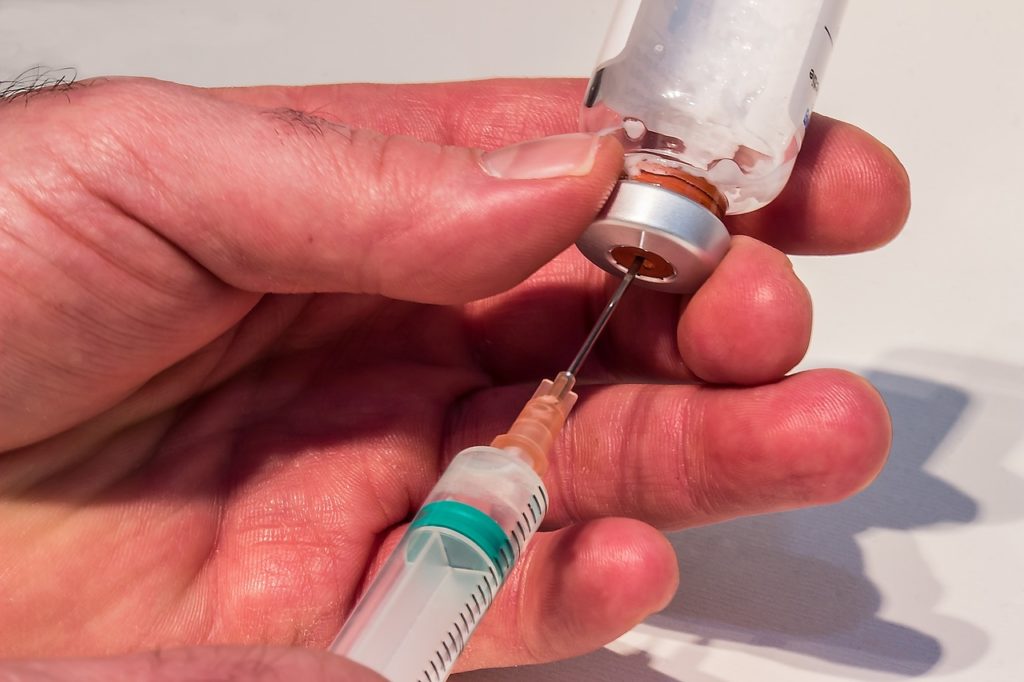
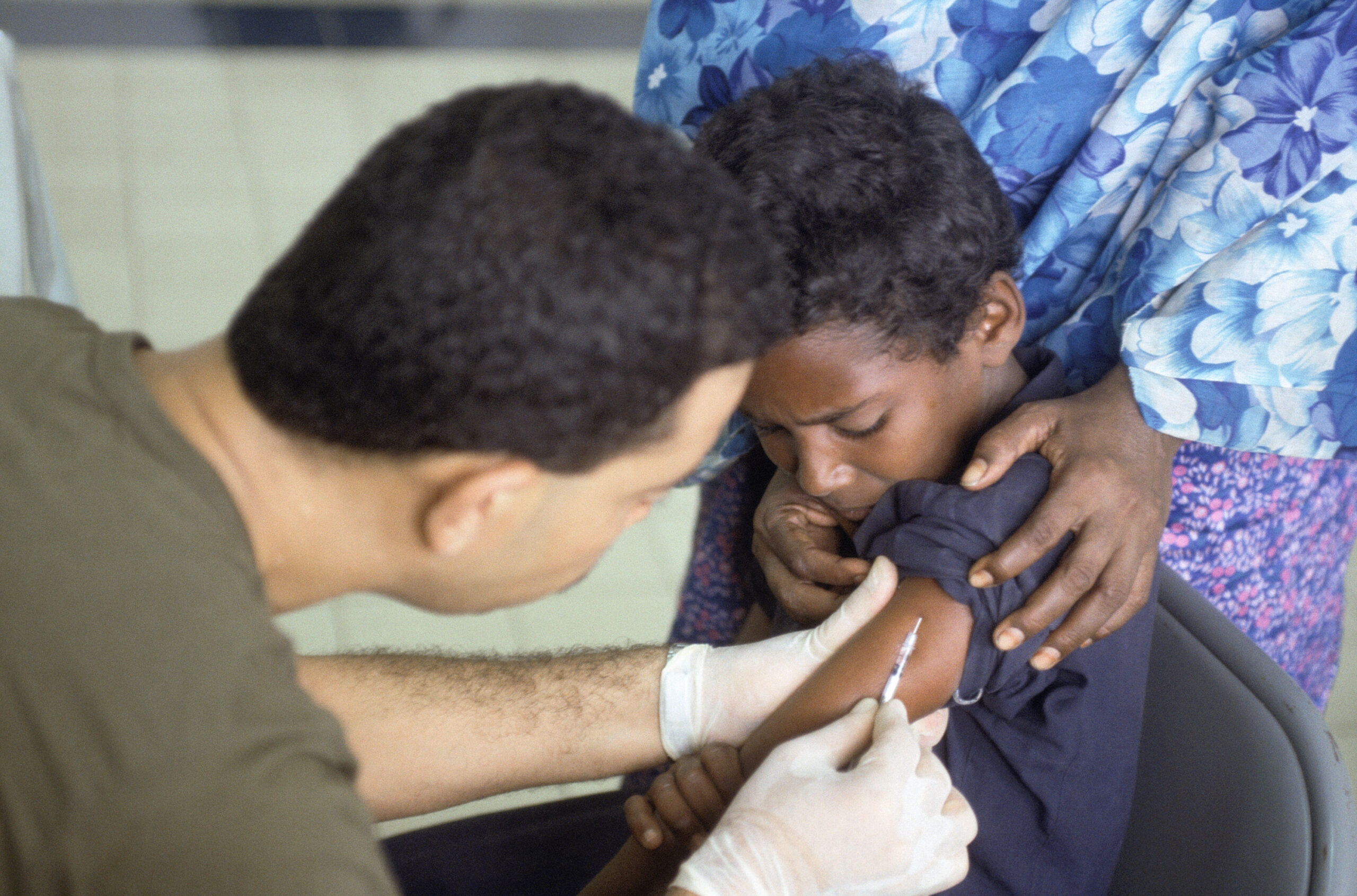
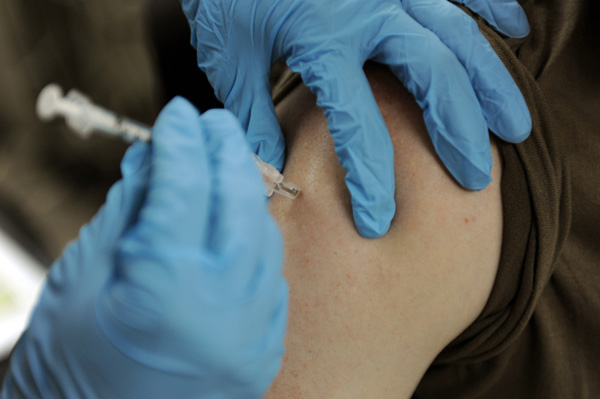
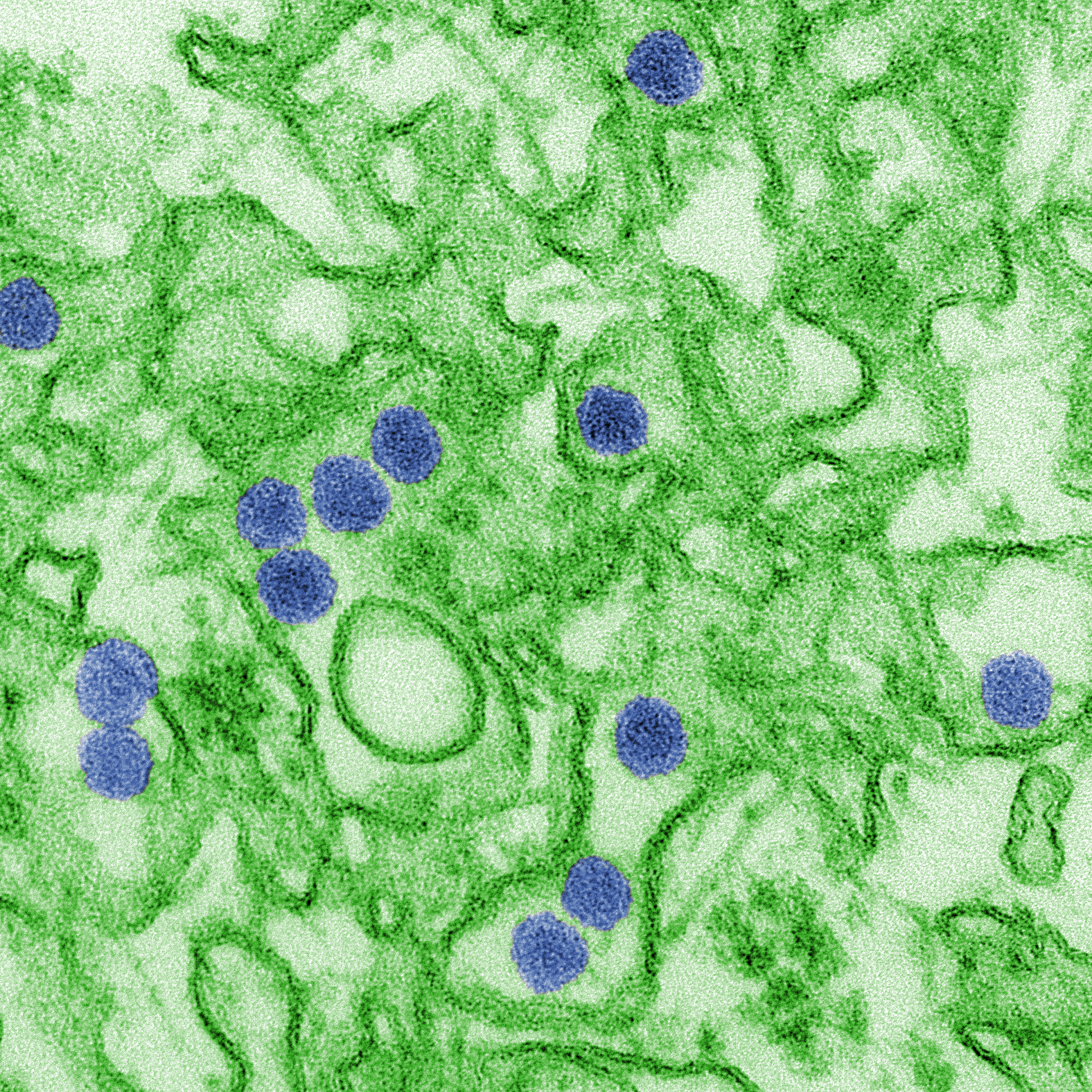
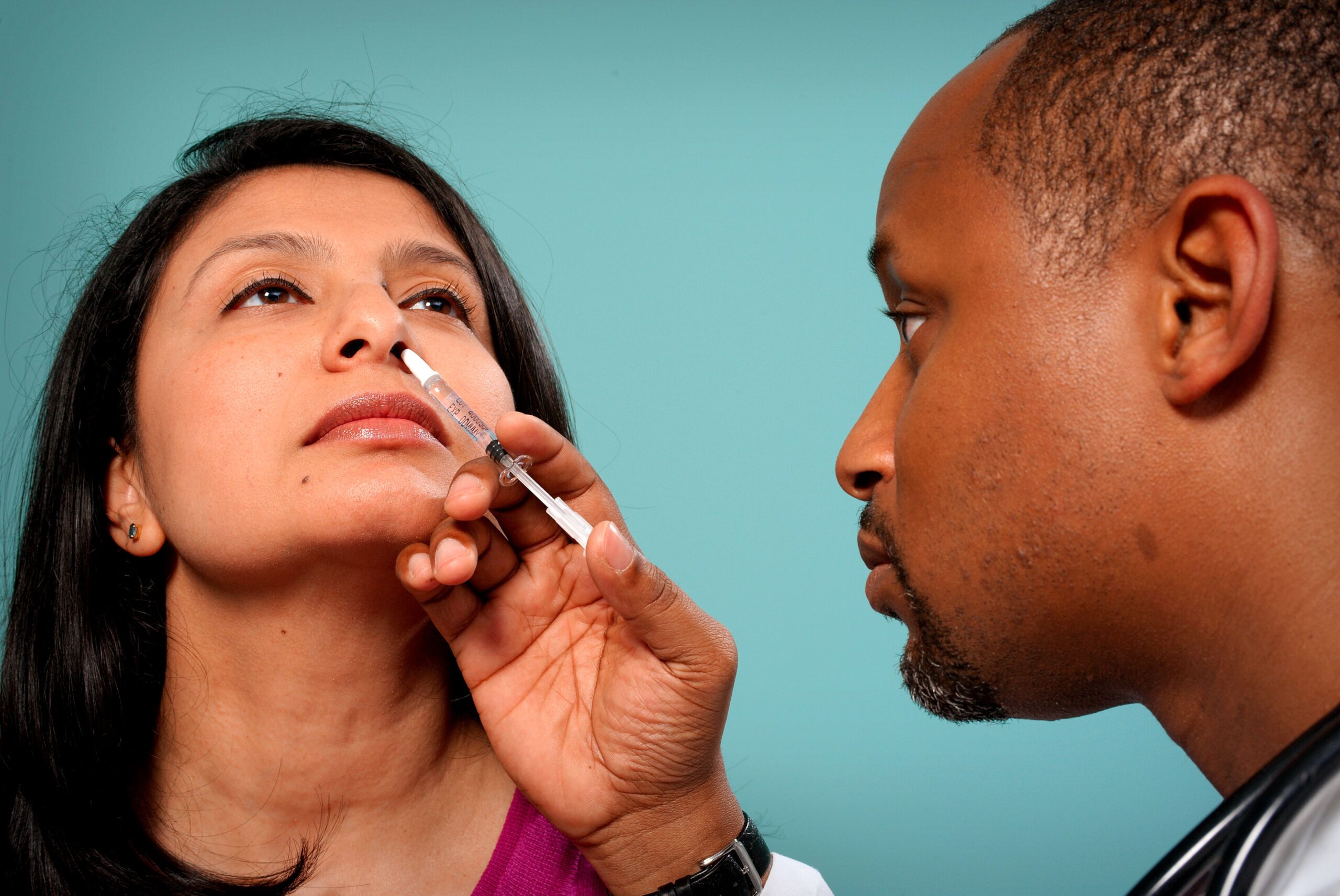




Join or login to leave a comment
JOIN LOGIN